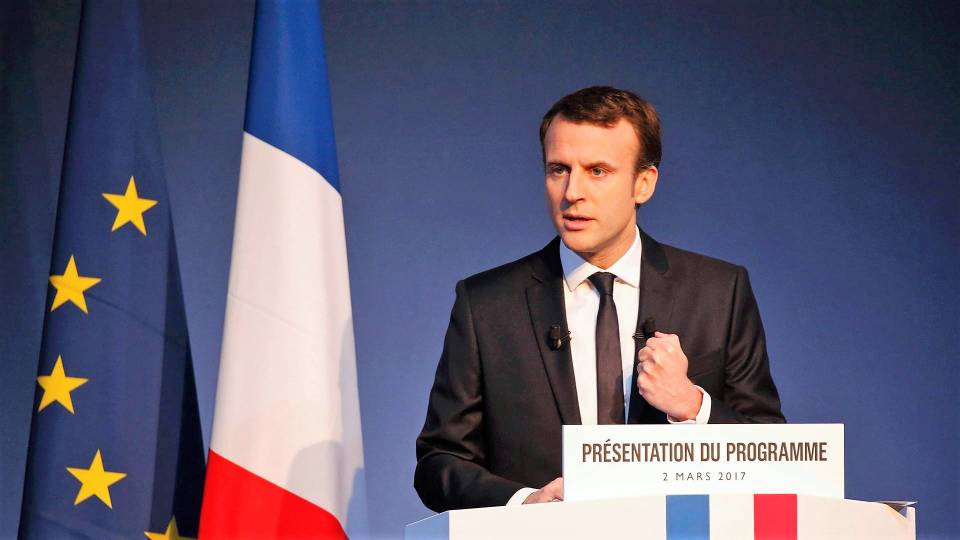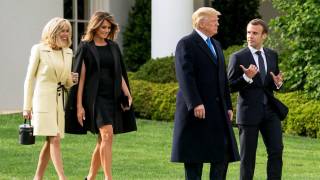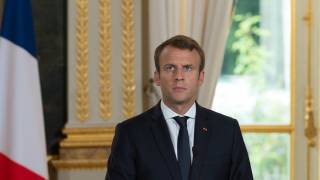France Warns Media Not to Publish Hacked Macron Emails
After 9 gigabytes of Macron-linked documents and emails were released on an anonymous pastebin website on Friday afternoon in what Macron's campaign said was a "massive and coordinated" hacking attack, France - fearing a similar response to what happened with Hillary Clinton after 35,000 John Podesta emails were released one month before the US presidential election - cracked down on the distribution of the files, warning on Saturday it would be a "criminal offense" to republish the data, and warning the French media not to publish content from any of the hacked emails "to prevent the outcome of the vote being influenced."
Quoted by Reuters, the French election commission said in a statement that "on the eve of the most important election for our institutions, the commission calls on everyone present on internet sites and social networks, primarily the media, but also all citizens, to show responsibility and not to pass on this content, so as not to distort the sincerity of the ballot." Following a rushed meeting on Saturday morning, the commission which supervises the electoral process, said that the data been "fraudulently obtained and could be mixed with false information." It is unclear, however, how it hopes to enforce any punitive claims, especially when much of the initial document distribution appears to have taken place offshore.
Domestically, in a similar reaction to the US media's response to the Podesta emails, French TV news channels chose not to mention the hack, although the left-leading Liberation prominently featured the news on its website. Liberation author Cedric Mathiot wrote that the leak, and its timing, "wants to create chaos" adding that the information was distributed in an "unethical method."
On Friday night, as news of what has been hashtagged as @MacronLeaks on twitter spread, Florian Philippot, deputy leader of the National Front, tweeted "Will Macronleaks teach us something that investigative journalism has deliberately kept silent?" In a tweeted response, Macron spokesman Sylvain Fort called Philippot's tweet "vile".
In another parallel to the Clinton leaks, Macron's En Marche! party said the leaked documents dealt with "the normal operations of a campaign and included some information on campaign accounts." It said the hackers had mixed false documents with authentic ones to "sow doubt and disinformation."
But in the biggest parallel to the Clinton hacking, few have touched upon the actual contents of the documents, which some say confirm prior allegations of illicit financial dealings and offshore accounts, and instead merely sought to attack the messenger. Indeed, as journalist Kim Zetter noted overnight, "Telling journos to not report on hacked emails misses the point that nearly all important leaks occur because someone broke law or a contract" and then followed up with the following rhetorical question, flipping the situation by 180 degrees: "If GRU, intending to assault dem., hacks Trump & publishes emails showing his direct connection to Russia, should journos report on those."
Read the rest of the article here






















